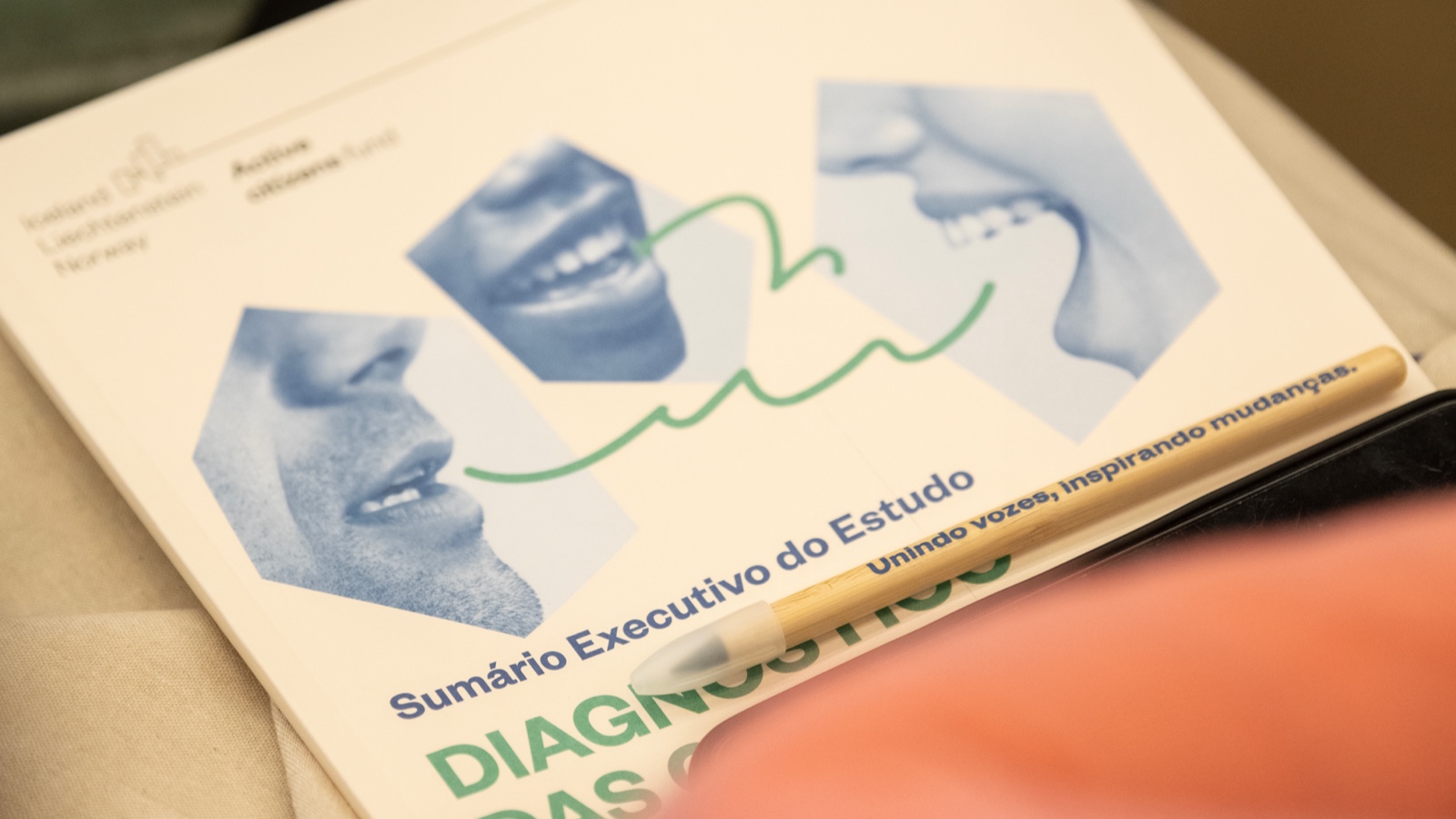Public release of the study “Diagnosis of NGOs in Portugal 2015-2024”.

On November 20th 2024, the study “Diagnosis of NGOs in Portugal 2015-2024” was made public. Commissioned by the Calouste Gulbenkian Foundation and carried out by Professors Américo Mendes, Filipe Pinto and Raquel Campos Franco at the Catholic University of Portugal (UCP).
According to this study, which analyzes the evolution of Portuguese NGOs over the last decade, the sector is changing. Between 2015 and 2024, NGOs provided more services and supported more citizens, especially during the pandemic, when they played a key role. However, they did so with fewer members and volunteers.
In general, Portuguese NGOs are more professionalized and better managed, but their boards are ageing and there are difficulties in renewing them, which may limit the ability of NGOs to adapt more quickly to changes in the external environment.
The number of paid NGO employees has increased by almost 60% since 2015. NGOs must deal with high personnel costs, limited productivity growth, and the need for competitive salaries. This makes it difficult to attract and retain qualified human resources.
There are, however, differences between older and more recently established NGOs. Although the former benefit from a consolidated history, credibility in the sector and well-established partnership networks, they face greater challenges in terms of retention of board members, complexity of processes or limitations in terms of communication and marketing. On the other hand, newer NGOs are characterized by innovation, flexibility and adaptability. They have well-structured intervention models, strategic partnerships, growing recognition and a strong social impact, which is crucial to seize opportunities, develop new lines of business, partnerships with investors and government support.
The “Diagnosis of NGOs in Portugal 2015-2024” proposes strategic recommendations to strengthen and sustain the sector. It points to the increasingly evident need to “adopt transparent practices to attract more investment and strengthen the trust of funding bodies”. Regarding funding sources, half of the organizations reported that they have formal fundraising plans, which may have contributed to some increase in the relative weight of private voluntary contributions from individuals and corporations in total income. However, this relative weight is still low.
The analysis also compares the development of the third sector in Portugal, Greece, Norway, the UK and Romania. It finds that Portugal has a very low level of volunteering. The Portuguese third sector has an average workforce and service provision is prevalent.
In short, the study shows that the sector is on a path of positive transformation but faces challenges such as the need to improve internal management, diversify funding sources, recruit qualified professionals and strengthen strategic partnerships.
The study “Diagnosis of NGOs in Portugal 2015-2024” was commissioned by the Calouste Gulbenkian Foundation as part of the Active Citizens Program, within the framework of the Active Citizens Fund/EEA Grants – Financial Mechanism of the European Economic Area, financed by public funds from Norway, Iceland and Liechtenstein.